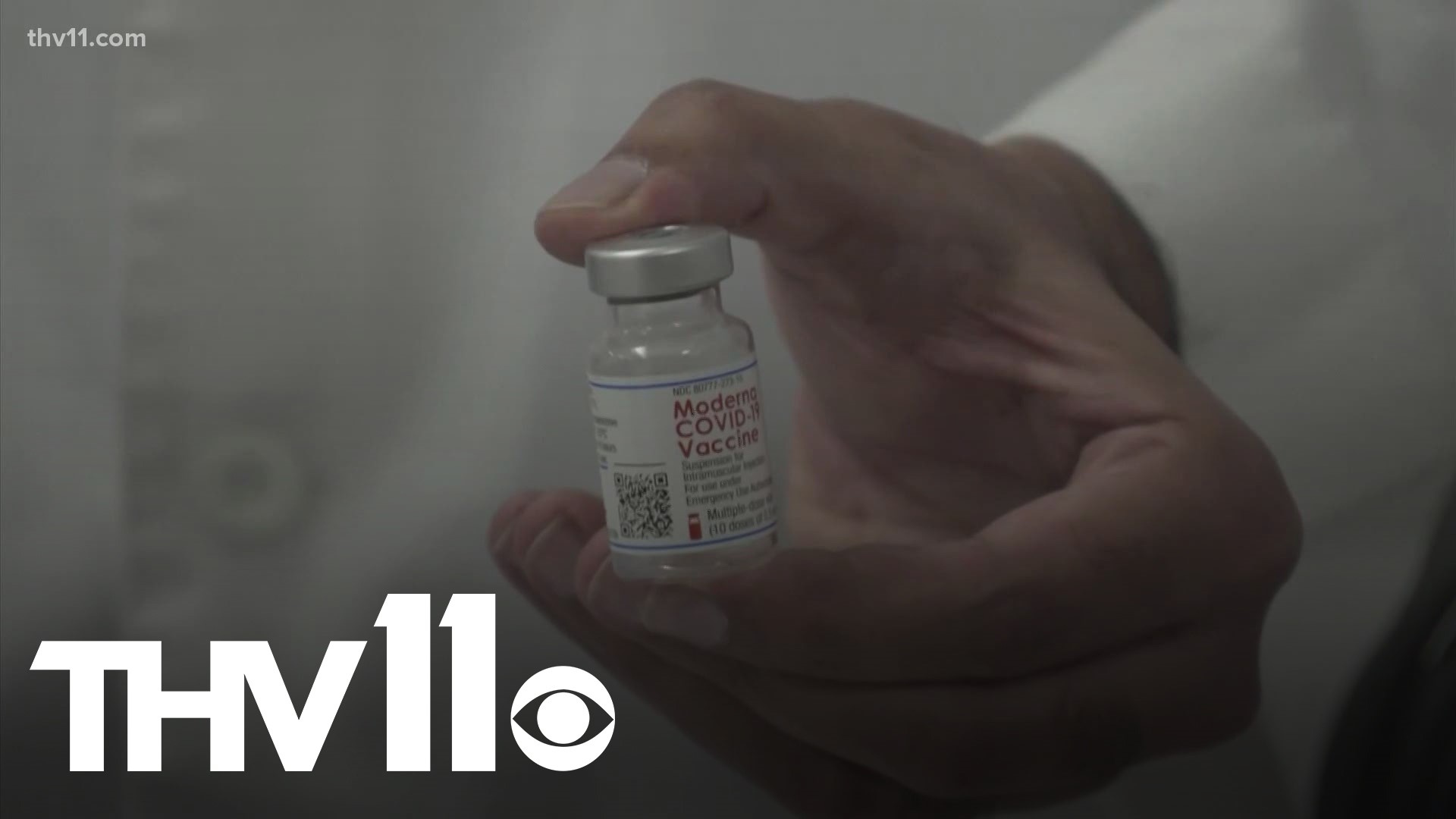LITTLE ROCK, Ark. — There seems to be light at the end of the tunnel, finally, for some COVID-19 long haulers.
Many have said those symptoms that they've struggled with for months are completely gone after their second vaccine shot.
Like many things with COVID-19 and these long-hauler cases, there are still many things doctors don't know yet.
But whether they have answers or not patients like Anne Roberts are just glad to be experiencing some relief.
"It really is nice to be me again," she said.
It's a feeling that Roberts hasn't felt in over 10 months.
"I felt like I was almost totally disabled. I just felt so old because I got exhausted so easily, I was always fatigued," she said.
Diagnosed with COVID-19 back in June 2020, Roberts thought she was going to have to live with those symptoms forever.
"I was incapable of carrying on my normal daily life and so I didn't know when or if it was ever going to end, it was pretty scary," she said.
But, just weeks ago, the vaccine gave Roberts the relief she had been searching for.
"I walked across the house, I walked outside and I didn't get breathless. I didn't have shortness of breath," she said.
The 59-year-old isn't the only one who has been cured by the vaccine, it's a phenomenon across the country.
But with it happening in some long-haulers and not others, Dr. Amanda Novack said it's "strictly anecdotal."
"So, that's not really science, but it's a good start for science. It's a good start for us to begin looking into that and figure out what's going on there," she said.
As the Director of Infection Prevention at Baptist Health, Dr. Novack believes this is biologically feasible because of how the vaccine is introduced into our bodies.
"There's a hope that maybe by targeting the immune system in that way it sort of is getting things back on track and decreases those symptoms of long-haul COVID," she said.
While research is in the works Dr. Novack said this all highlights, once again, what a tiny fraction of understanding we have about the virus.
"Up until now we really didn't have very much to offer these people, you know, [besides] exercise and eating right and that sort of thing. So, to think that there might be an intervention that could truly give relief to these people is really encouraging," she said.
Both Roberts and Dr. Novack stressed the importance of receiving the vaccine.

